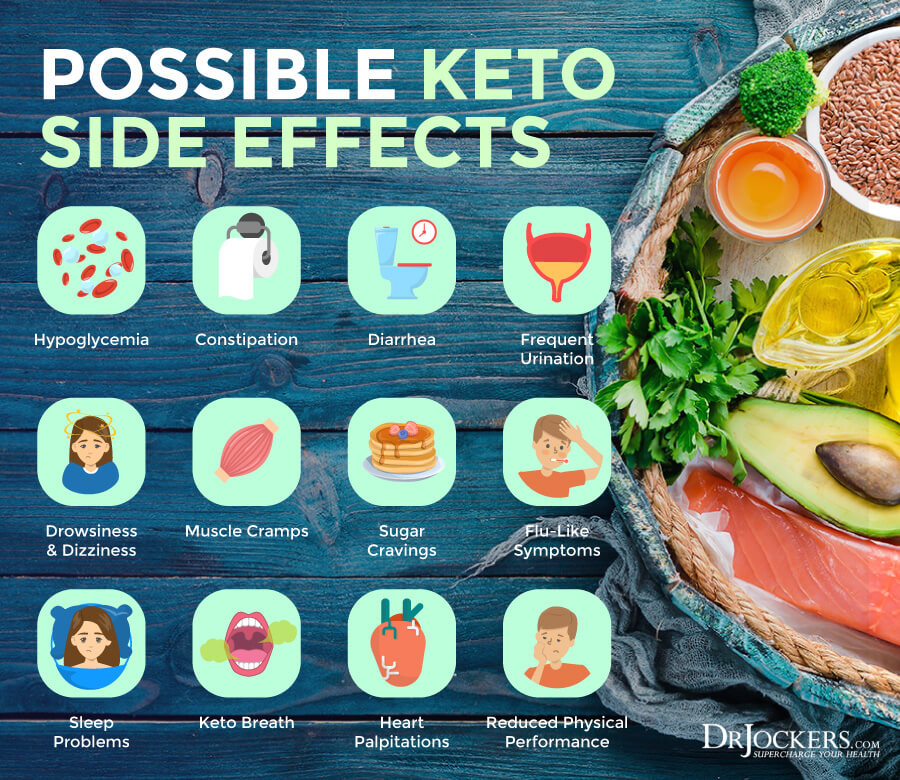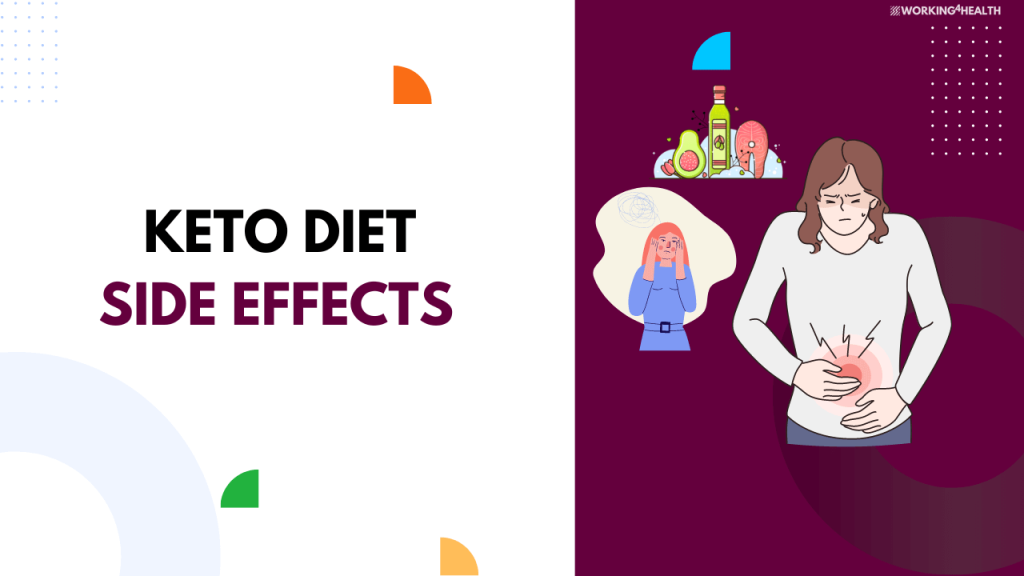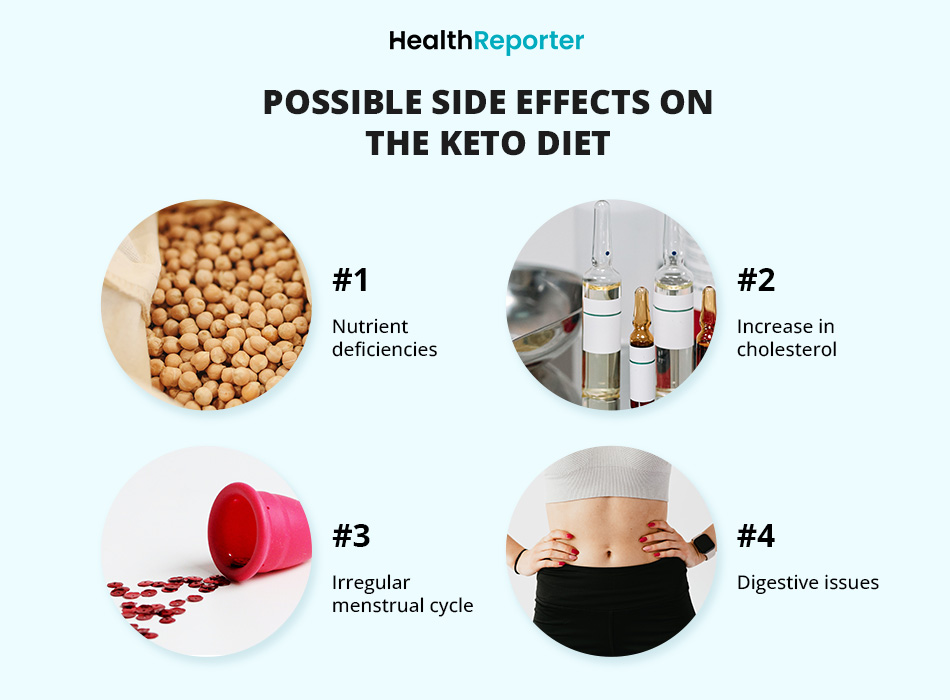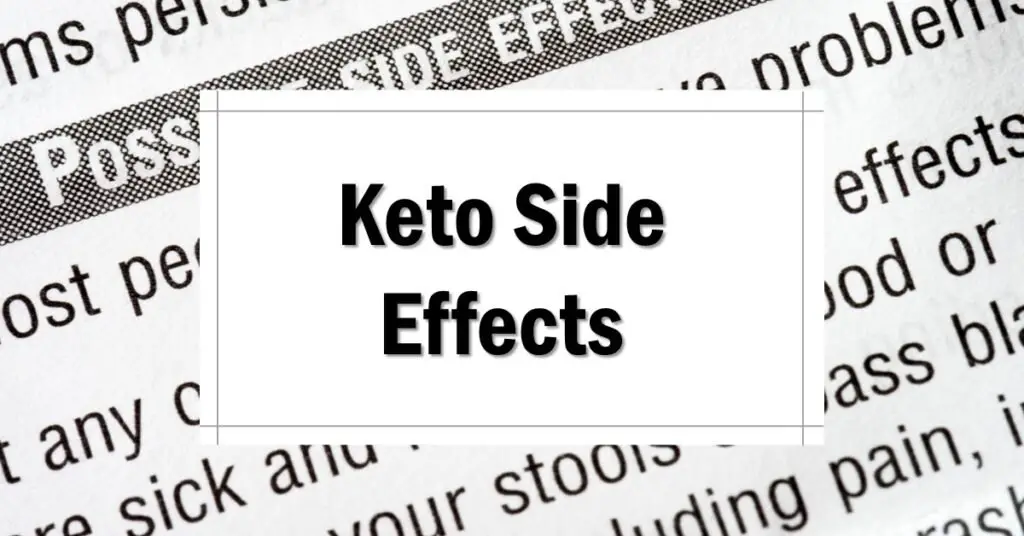What Are The Side Effects Of Keto Slim

The allure of rapid weight loss has fueled the popularity of the ketogenic diet and its associated supplements, including Keto Slim. But alongside the promised benefits, potential users need to be aware of the potential side effects that may arise from using such products.
This article aims to provide an objective overview of the known side effects associated with Keto Slim and similar ketogenic supplements. It will consider user experiences and expert opinions to present a balanced picture of potential risks.
Understanding Keto Slim and Ketosis
Keto Slim, like many ketogenic supplements, is marketed as a way to accelerate the process of ketosis. Ketosis is a metabolic state where the body primarily uses fat for fuel instead of carbohydrates.
This state is typically achieved through a very low-carbohydrate, high-fat diet. Supplement companies often claim Keto Slim can help individuals achieve ketosis faster or more easily, even without strict adherence to the ketogenic diet.
Common Side Effects of Ketogenic Diets and Supplements
One of the most commonly reported side effects, often dubbed the "keto flu," includes symptoms like fatigue, headache, nausea, and irritability.
These symptoms typically occur during the initial phase of transitioning to ketosis, as the body adapts to using fat for energy. Dehydration and electrolyte imbalances are significant contributors to the keto flu.
Digestive issues, such as constipation or diarrhea, can also occur. This is often due to the significant change in dietary fiber intake and altered gut bacteria.
Some individuals may experience bad breath, caused by the production of acetone, a byproduct of fat metabolism. This is a temporary condition, and can be mitigated with better hydration and oral hygiene.
The long-term implications and side effects are less understood, making long term use of Keto Slim, or other similar products, something to approach with caution and under medical supervision.
Potential Risks Specific to Keto Slim
The specific ingredients in Keto Slim can vary between brands, but they often include exogenous ketones, medium-chain triglycerides (MCTs), and various stimulants.
Exogenous ketones can sometimes lead to gastrointestinal distress, including diarrhea and stomach upset. MCTs, while generally safe, can also cause similar issues if consumed in large quantities.
Stimulants, frequently used to boost energy levels, may lead to increased heart rate, anxiety, and insomnia. Individuals sensitive to stimulants should be particularly cautious.
It's crucial to carefully review the ingredient list of Keto Slim and research any unfamiliar substances. Interactions with existing medications are always a possibility.
The Food and Drug Administration (FDA) does not regulate supplements as strictly as prescription drugs. This means that the quality and purity of Keto Slim products can vary considerably between manufacturers.
Expert Opinions and Recommendations
Many healthcare professionals caution against relying solely on supplements like Keto Slim for weight loss.
"A balanced diet and regular exercise are still the cornerstones of sustainable weight management," says Dr. Emily Carter, a registered dietitian specializing in metabolic disorders.
Before starting any new supplement regimen, it is highly recommended to consult with a doctor or registered dietitian. This is especially critical for individuals with pre-existing health conditions, such as diabetes, heart disease, or kidney problems.
If you experience any severe or persistent side effects after taking Keto Slim, discontinue use immediately and seek medical attention. Report any adverse reactions to the FDA through their MedWatch program.
Ultimately, the decision to use Keto Slim or similar ketogenic supplements should be made carefully and with a full understanding of the potential risks involved. Prioritizing a healthy lifestyle and seeking professional guidance are crucial for safe and effective weight management.


















